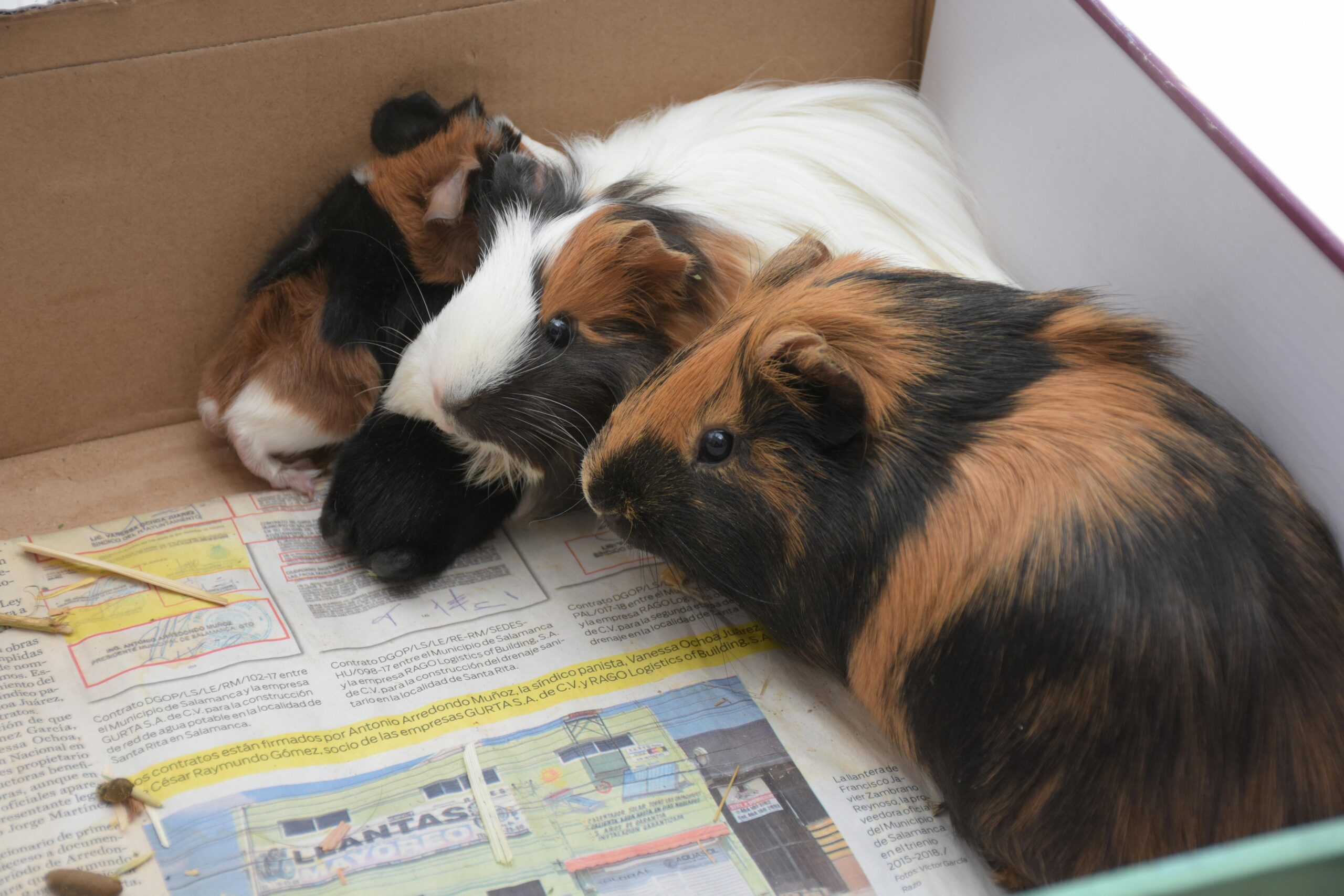Pets bring joy and companionship, but some come with a less-than-pleasant aroma.
By identifying these pets, you can ensure a fresher and more pleasant home environment. Here’s a look at eight of the smelliest pets and effective ways to handle their unique odors.
1. Ferret
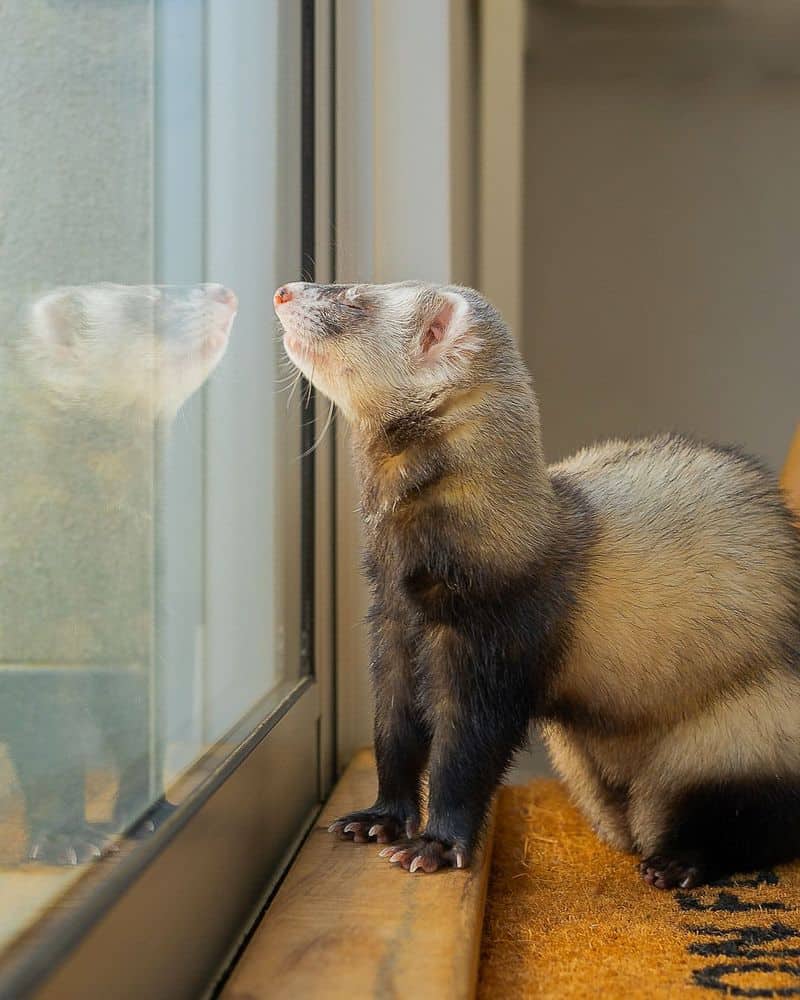
Ferrets are adorable, yet their musky odor can be overpowering. This scent emanates from their skin glands and is more pronounced in intact males.
Regular bathing can exacerbate the smell, as it stimulates oil production. Use special ferret shampoos sparingly.
Keep their cage clean and well-ventilated to minimize odors. Regularly wash bedding and litter to maintain freshness.
Neutering can significantly reduce their natural musky scent, making them more pleasant companions.
2. Guinea Pig
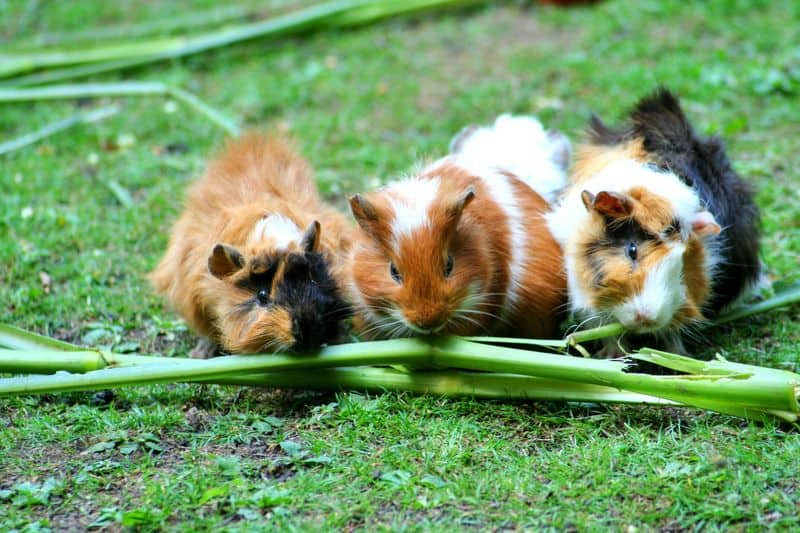
Guinea pigs, with their compact bodies and lively personalities, can have a distinct odor.
Their scent primarily comes from their urine and droppings. Ensure their cage is cleaned weekly, replacing soiled bedding promptly.
Ventilation is key; place the cage in a well-aired area. Odor control bedding can also help in reducing smells.
By maintaining rigorous hygiene, you can enjoy your guinea pig without the accompanying stench.
3. Rabbit

Rabbits are beloved for their gentle nature but can have a smelly reputation.
Their odors mainly come from their urine. Regularly cleaning their litter box is essential to curb the smell. An absorbent material like hay can help.
Ensure proper ventilation in their living area to keep it fresh. Providing a balanced diet helps maintain healthy digestion, which can also reduce odor.
4. Pet Rat
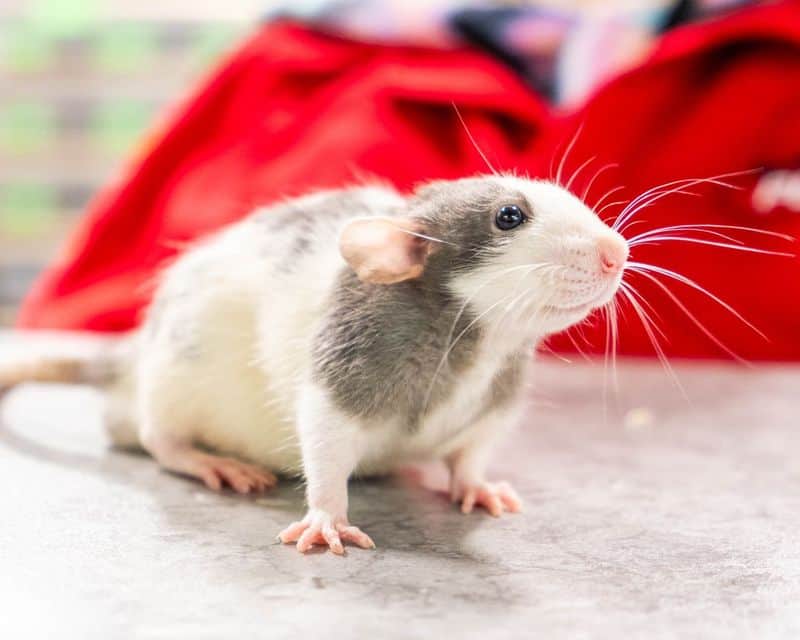
Pet rats are surprisingly affectionate but can emit a strong odor. Their scent glands are the main culprits.
Clean their cage frequently, especially the bedding, to keep the smell at bay.
Using a cage with good air circulation helps. Feeding them a balanced diet reduces odors from their waste.
By ensuring cleanliness, you keep your rat companions pleasant-smelling and delightful.
5. Hedgehog
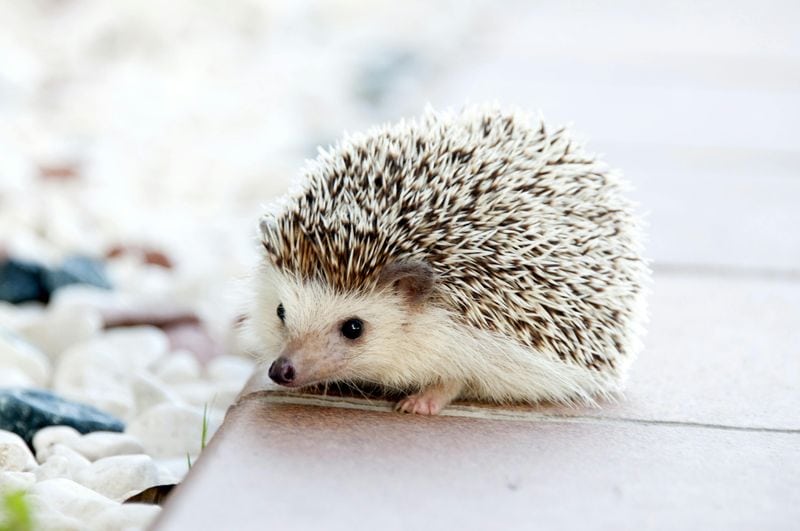
Hedgehogs are unique pets that can have a noticeable odor. Their scent mainly comes from unclean cages.
Regular cleaning of their living space is vital. Replace bedding weekly to avoid buildup.
Their diet can affect their smell; feeding them high-quality food helps. Ensuring a clean habitat combined with proper nutrition keeps them smelling fresh.
With the right care, hedgehogs remain delightful and odor-free.
6. Chinchilla

Chinchillas are known for their soft fur and lively antics. However, their cage can develop an odor if not maintained. Clean the cage and replace bedding regularly.
They require dust baths to keep their fur clean, which also helps in odor control.
Good ventilation and cleanliness ensure that your chinchilla’s scent remains pleasant. With proper care, they can be odor-free companions.
7. Turtle

Turtles, though low-maintenance, can produce an unpleasant smell.
This often arises from unclean water in their tanks. Regular water changes and a good filtration system are essential.
Clean the tank surfaces to remove algae and waste buildup. Feeding them in a separate container prevents food waste from fouling the water.
Keeping their environment clean ensures your turtle remains odor-free and enjoyable.
8. Parrot
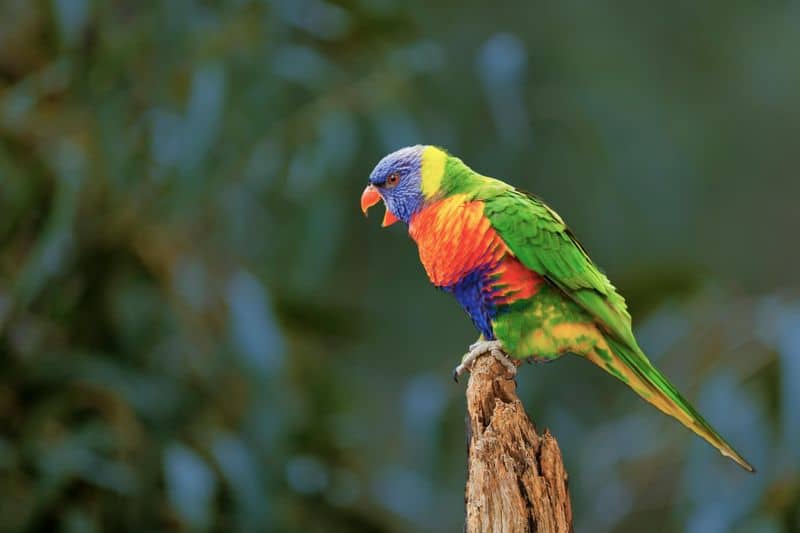
Parrots are vibrant and talkative, yet their droppings can emit a strong odor. Regular cage cleaning is vital to keep the smell down. Use liners or papers for easy disposal.
Their diet affects their odor; provide a balanced, varied diet to ensure health and reduce smell.
Fresh air circulation in their living area is crucial to maintain freshness. With attentive care, parrots remain pleasant companions.

